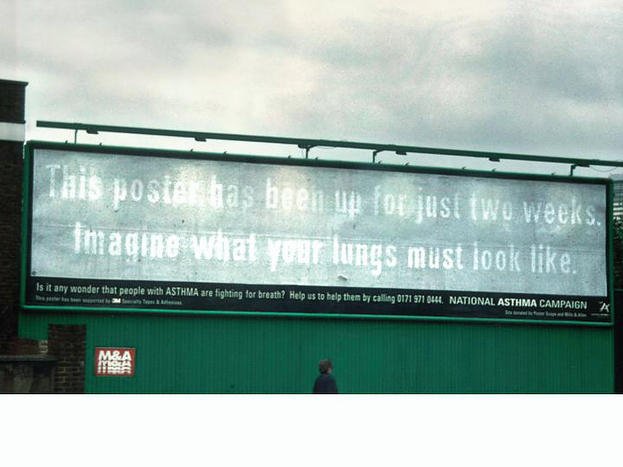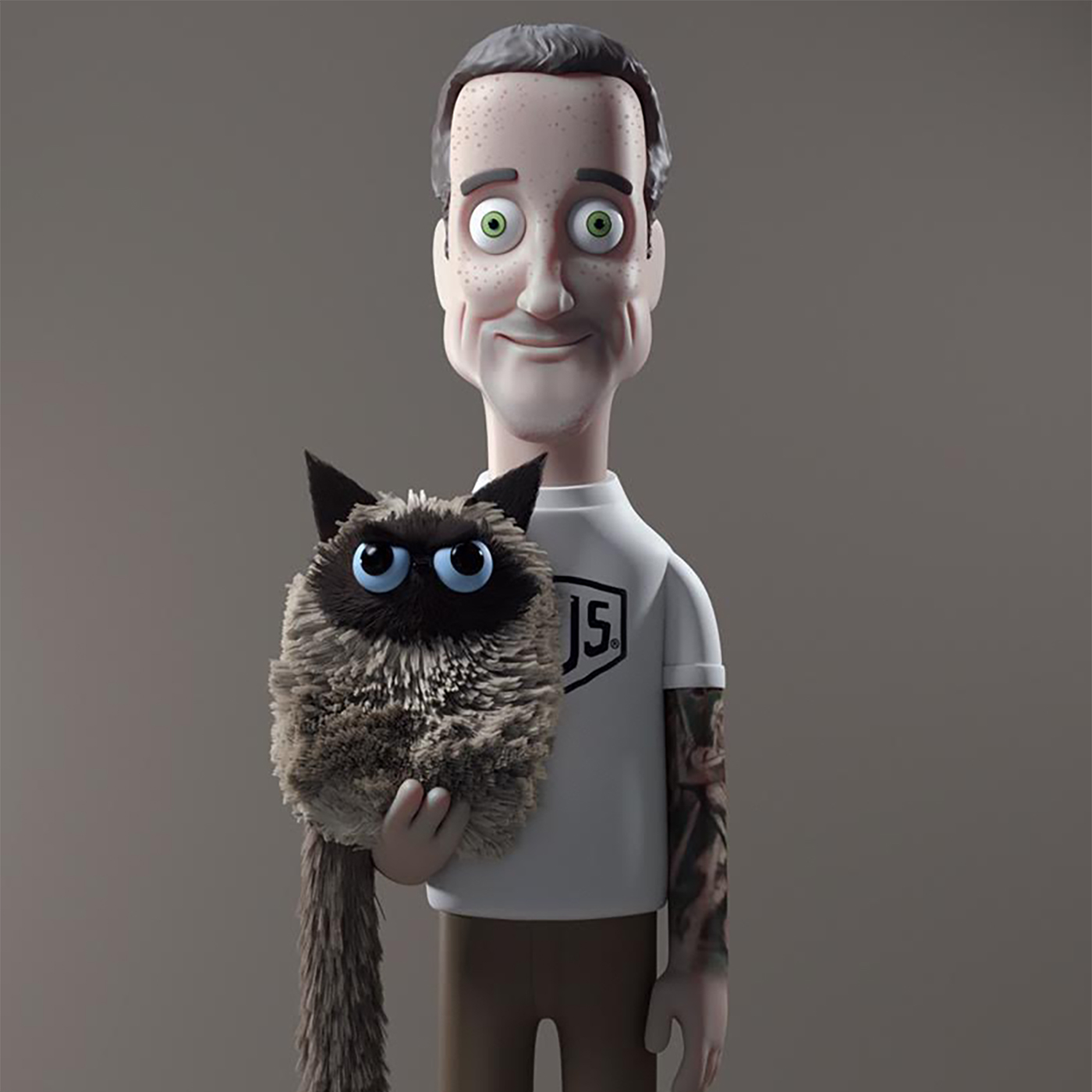Take my seaside arms and write the weekend.
What six billion nights of FitBit sleep data tells us (thanks, D).
Find what’s number one all over the world with a simple map (thanks, S).
Crazy giant sculptures (thanks, D).
Pissed-up Cook, Cleese etc. in a thing about The Secret Policeman’s Ball 1976:
https://www.youtube.com/watch?v=N-UvHaroYhE
A brief history of hip-hop:
Vince Gilligan on selling Breaking Bad:
How they made Starship Troopers.


